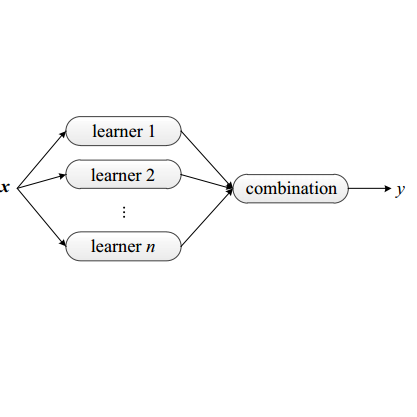While the popularity of physics-informed neural networks (PINNs) is steadily rising, to this date, PINNs have not been successful in simulating multi-scale and singular perturbation problems. In this work, we present a new training paradigm referred to as "gradient boosting" (GB), which significantly enhances the performance of physics informed neural networks (PINNs). Rather than learning the solution of a given PDE using a single neural network directly, our algorithm employs a sequence of neural networks to achieve a superior outcome. This approach allows us to solve problems presenting great challenges for traditional PINNs. Our numerical experiments demonstrate the effectiveness of our algorithm through various benchmarks, including comparisons with finite element methods and PINNs. Furthermore, this work also unlocks the door to employing ensemble learning techniques in PINNs, providing opportunities for further improvement in solving PDEs.
翻译:虽然物理学知情神经网络(PINNs)的受欢迎程度在稳步上升,但迄今为止,PINNs在模拟多尺度和单一扰动问题方面尚未取得成功。在这项工作中,我们提出了一个称为“渐进推进”的新培训模式,这极大地提高了物理知情神经网络(PINNs)的性能。我们的算法没有直接利用单一神经网络学习特定PDE的解决方案,而是利用一系列神经网络来取得优异的结果。这个方法使我们能够解决对传统PINNs构成巨大挑战的问题。我们的数字实验通过各种基准,包括与有限元素方法和PINNs进行比较,显示了我们的算法的有效性。此外,这项工作还打开了在PINNs使用共同学习技术的大门,为进一步解决PDIs提供了机会。</s>





